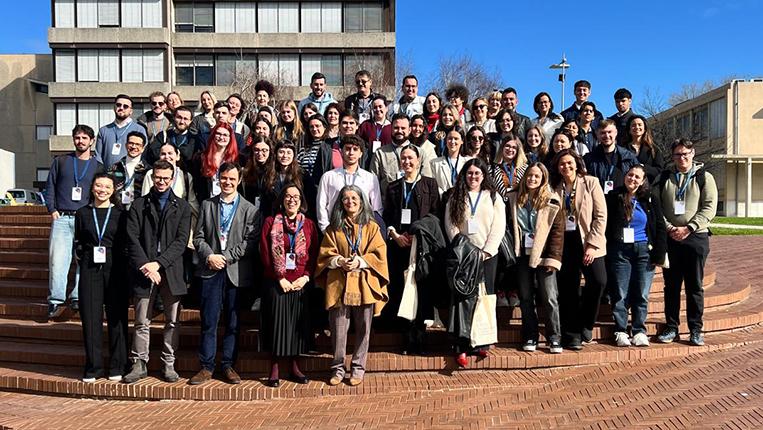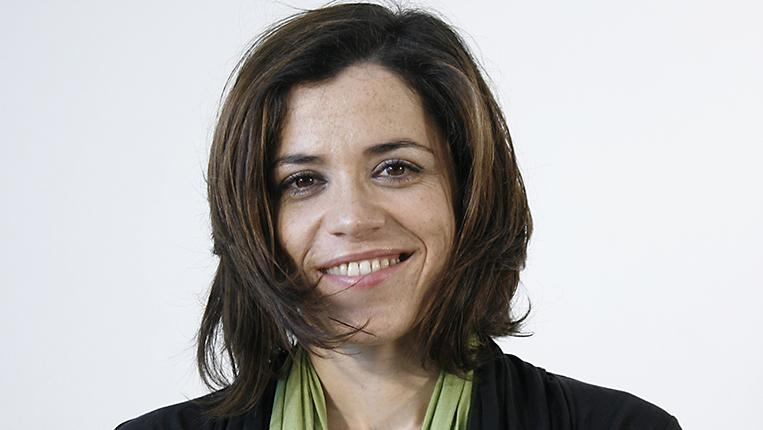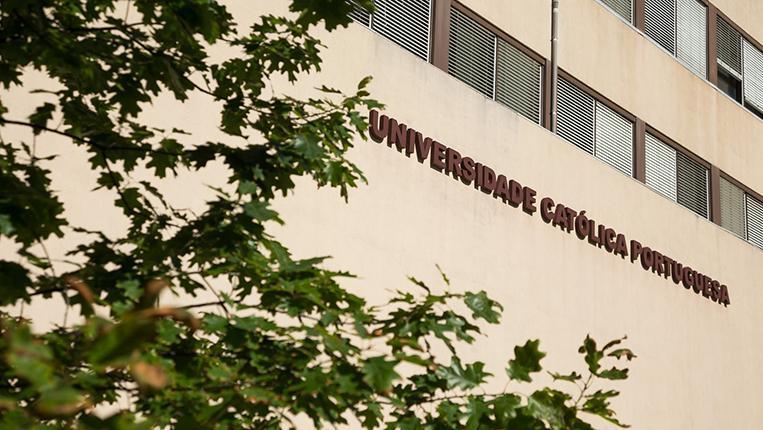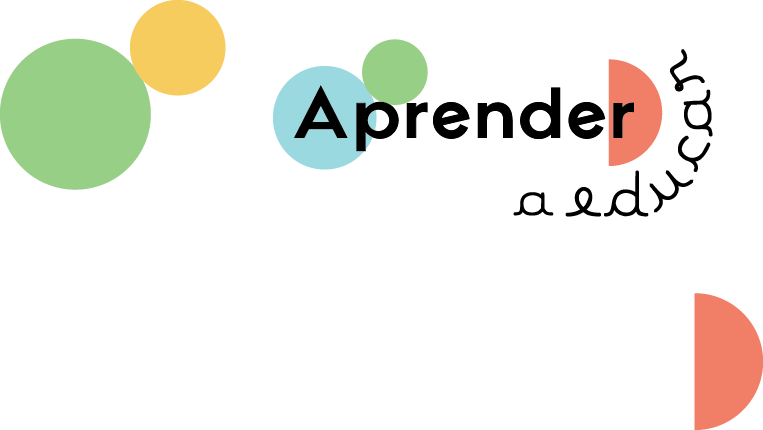The Portuguese Journal of Educational Research is launching its 27th issue, dedicated to the theme "Teaching and learning in the age of screens: re-imagining education".
"We are not from the century of inventing words: We are from the century of reinventing the words that have already been invented," said Almada Negreiros.
Issue 27 of the magazine is dedicated to this topic. "In this issue, we reflect on the invention of new processes to generate dynamism in education and human and social development," says José Matias Alves, a faculty at the Faculty of Education and Psychology (FEP) of the Universidade Católica Portuguesa.
For the FEP professor, "teaching and learning in these new technological contexts can be seen as an art of combining technologies, strategies, dynamics, supports, relationships and learning. In this way, we are contributing to the democratisation of access to education and to the success of education. Because universal education is a source of human freedom, dignity and relationship".
Issue 27 of the journal contains eight peer-reviewed academic articles. The articles cover the following topics:
- Local governance models in education
- Why do some university students not attend lectures? Empirical evidence about the differences between degrees
- (Dis)connections between school self-evaluation, leadership, and teachers. A cross study of perceptions
- Curriculum autonomy and flexibility: what impacts on school organizational action?
- Ethical features in online teaching: perceptions of social education students
- Formative analytics: learning process support
- The internet of things in education. Technology, pedagogy and learning
- Spaces and times of school autonomy: between the decreed and the constructed
About the Portuguese Journal of Educational Research
The Journal, published by Universidade Católica Editora, is dedicated to the study, practice and research in the field of Educational Sciences or Social and Human Sciences relevant to the field of Education. It has traditionally been published in paper format and, since 2011, in electronic format.
It is affiliated to the Research Centre for Human Development (CEDH) and co-financed by the Foundation for Science and Technology (FCT).



